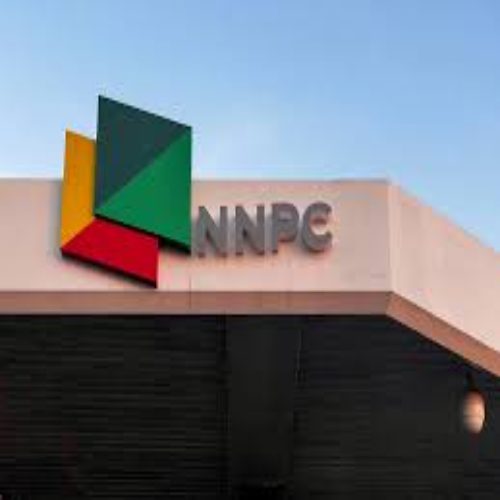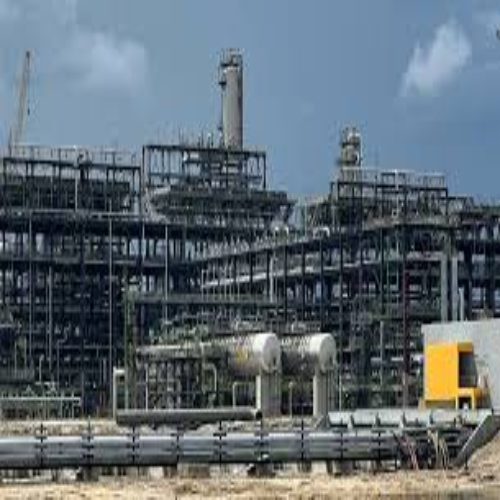
An economist, Kelvin Emmanuel, has voiced strong criticism over the state of Nigeria’s oil industry, arguing that the Nigerian National Petroleum Corporation (NNPC) is to blame for the lack of crude supply to Dangote Refinery, rather than the International Oil Companies (IOCs). He made these comments during a recent interview on Arise News.
Emmanuel explained that the failure of the NNPC to provide the necessary feedstock for the Dangote Refinery to refine locally was not due to the IOCs, but rather the NNPC’s inability to fulfill its obligations. He called on both the Nigerian National Assembly and the President to hold the NNPC accountable for its failure to provide the $1.7 billion worth of crude oil needed to finalize Dangote’s acquisition of a 20% stake in the refinery, a deal that was previously agreed upon.

According to Emmanuel, the blame should not be placed on the IOCs, but rather on the NNPC and the Nigerian Upstream Petroleum Regulatory Commission (NUPRC), due to their reliance on crude oil swap agreements and the lack of concrete domestic crude supply commitments to local refineries. The IOCs, he pointed out, do not owe Dangote Refinery any right to crude oil under current agreements because the crude they produce is largely exported under pre-arranged contracts.
He further criticized the NNPC’s financial management, noting that between 2019 and 2024, the company had taken out a $12 billion loan, backed by 250 million barrels of crude oil as collateral, yet failed to meet its obligations to Dangote Refinery. Emmanuel expressed frustration over Nigeria’s long-standing dependence on imported petroleum products and the massive amounts spent on the maintenance of old refineries, which remain non-functional.
He also expressed disappointment at the National Petroleum and Gas Regulatory Authority’s (NMDPRA) position on Dangote Refinery, especially in light of its potential to end the country’s reliance on imported fuels. With the Dangote Refinery fully operational, Emmanuel believes Nigeria could significantly reduce its $2.4 billion monthly expenditure on energy imports, as the refinery is capable of producing substantial quantities of petroleum products such as gasoline, diesel, and jet fuel daily.
Emmanuel defended the quality of the diesel produced at Dangote Refinery, highlighting that it meets higher standards than imported diesel. He claimed that Dangote’s diesel has far lower parts per million (ppm) of impurities compared to imported alternatives, emphasizing that the refinery could potentially eliminate the need for fuel imports in Nigeria.


